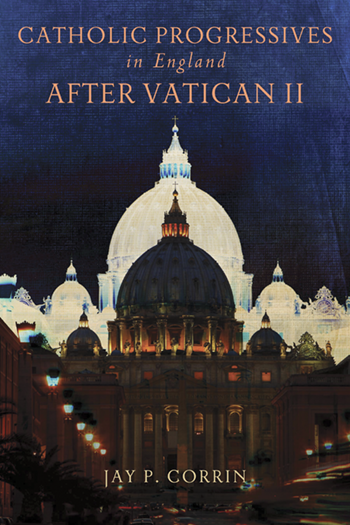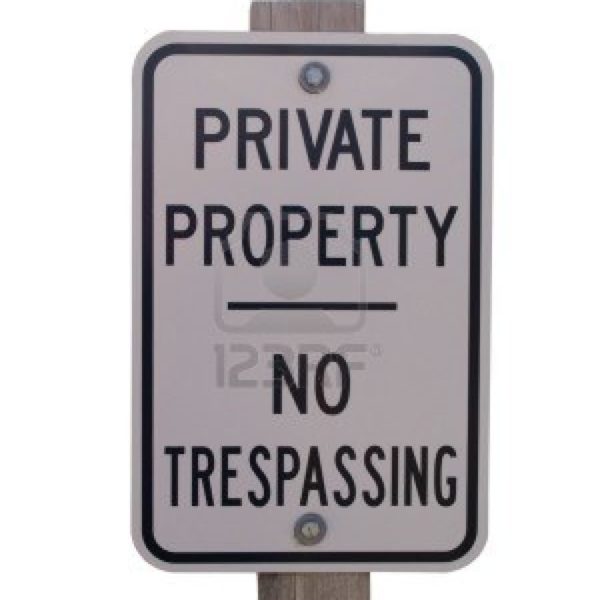
This book examines the development of Catholic social philosophy from the end of World War II up through the turbulent 1960s. Vatican Council II can be seen as the culmination of the Catholic liberal or progressive tradition, the earlier history of which was the subject of my previous book Catholic Intellectuals and the Challenge of Democracy (2002). Thanks to the ground-breaking work of such Catholics as Jacques Maritain, Virgil Michel, Hans Küng, John Courtney Murray and others, there was in place by the calling of Vatican II a theological platform from which the Church could launch a progressive approach to the secular challenges of the modern age.

As on so many issues that divide left-wing and right-wing Christians, the Bible seems frustratingly pliable when it comes to the issue of property rights. Conservative Christians like to assert that the Bible takes private property for granted, that the Eighth Commandment demonstrates it to be a “divine institution” or a “sacred right,” and that the many examples of wealthy patriarchs prove not only private property, but large accumulations of it, have divine sanction. Those more inclined toward some kind of Christian socialism like to point out Jesus’s very harsh strictures on the accumulation of wealth and the assertion of private property rights, and the early Jerusalem community’s practice of “having all things in common.” As so often happens, we seem to be faced with something of an Old Testament/New Testament divide, in which the Old Testament bolsters a conservative agenda, and the New Testament a liberal one. Is the Bible thus divided against itself?